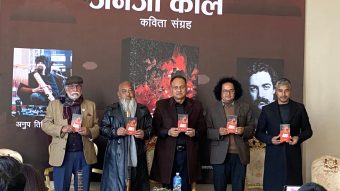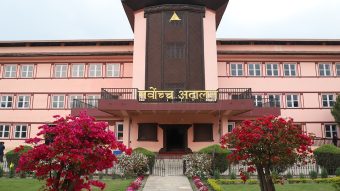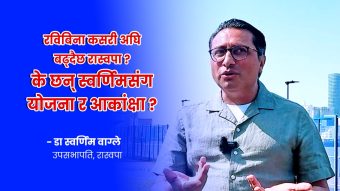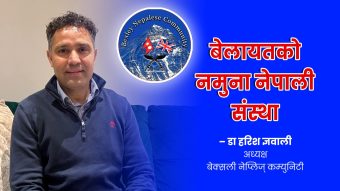Nepal’s Gen-Z Revolution: Where Is It Heading?



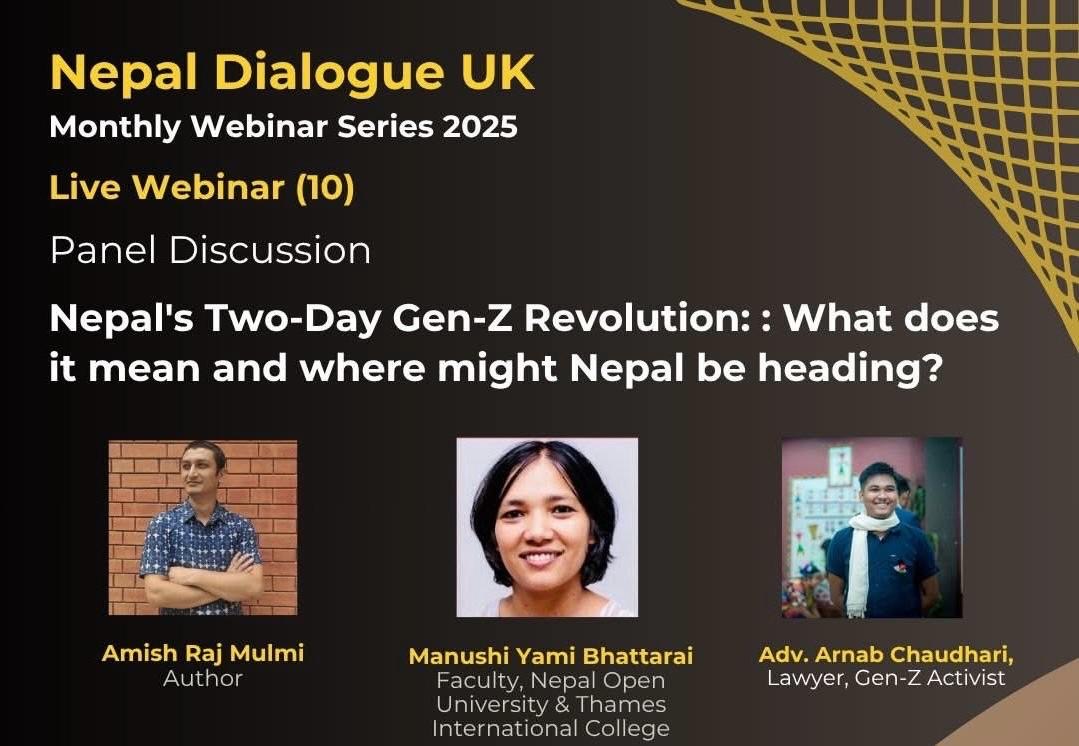
London – The tenth edition of Nepal Dialogue UK organised by Centre for Nepal Studies UK (CNSUK) brought together scholars and activists to analyse Nepal’s recent Gen-Z–led protests, a movement that has rapidly evolved from social media campaigns into street demonstrations demanding accountability, anti-corruption measures, and better governance.
The two-day protests on 8–9 September 2025 saw thousands of young Nepalis take to the streets after months of growing frustration over corruption, inequality, and government inaction. The virtual panel, held via Zoom, examined the origins, implications, and potential trajectory of this youth-driven uprising.
Professor David Gellner, recently retired from the University of Oxford and advisor to the Centre for Nepal Studies UK (CNSUK), opened the session by expressing concern over the violence and destruction that accompanied the demonstrations. He introduced panellists Arnab Chaudhary, lawyer and Gen-Z activist for indigenous rights and climate justice; Manushi Yami Bhattarai, political scientist and activist; and Amish Raj Mulmi, journalist and author.
Yami Bhattarai described the protests as the culmination of deep frustration over political stagnation, poor leadership, and economic hardship. She noted how the viral “Nepo Kids” campaign had galvanised Gen-Z activists, merging online outrage with real-world mobilisation. While supporting the movement’s aims, she warned of potential infiltration and escalation, and criticised the government’s mishandling of the crisis, which she said had fuelled public anger. Bhattarai also highlighted speculation about possible military intervention, which heightened anxiety in the days following the protests.
Arnab Chaudhary stressed that the protests were not spontaneous but part of a broader, long-term social media movement calling for transparency, inclusion, and an end to political gatekeeping. He highlighted young people’s growing disillusionment with entrenched elites and the government’s failure to deliver on promises of reform. “The protests reflect a demand for good governance, diversity in leadership, and recognition of Gen-Z as a collective political force,” he said, adding that the call for accountability must extend beyond temporary outrage.
Amish Raj Mulmi examined the broader political implications, describing Nepal’s situation as a crisis of legitimacy. Both major political parties and the state, he argued, face a severe trust deficit. He urged the interim government to pursue corruption investigations and inquiries into the violence of 8 September to rebuild public confidence ahead of future elections. He also underscored Nepal’s ongoing struggle with decentralisation. While the federal system was intended to distribute power, corruption, he noted, has become decentralised as well, spreading from national to local levels. Mulmi called for stronger bureaucratic reforms, better enforcement of the Right to Information Act, and greater economic incentives to tackle unemployment and attract foreign investment.
The discussion also explored Nepal’s international context. Mulmi observed that while India and the United States have maintained support for Nepal’s democratic framework, China may be reassessing its investments in the country’s communist establishment following recent instability.
Responding to audience questions about protest violence, Chaudhary acknowledged the deaths and injuries that occurred but warned against associating the broader movement with criminal activity. He urged that those responsible for acts of violence be held accountable through due process.
Both Bhattarai and Mulmi highlighted the diversity within Nepal’s Gen-Z movement, noting differing views on how to handle justice after the protests. They advocated for an independent commission to investigate the incidents of 8–9 September, arguing that punitive measures alone would not prevent future unrest. Mulmi also raised concerns about the dominance of masculine voices in the movement and the resurgence of hill nationalism.
The panellists agreed that the main challenge now lies in translating protest energy into political reform. Bhattarai called for genuine internal party transformation rather than superficial leadership changes, while Chaudhary emphasised inclusivity in government negotiations. The discussion concluded that Nepal’s Gen-Zs could play a decisive role in shaping the next elections – but only if their activism evolves into sustained political engagement.
The panel discussion on the Gen -movement, the 10th event under the Centre for Nepal Studies UK’s ‘Nepal Dialogue UK: Monthly Webinar Series’, was organised online on 4th October 2025. Nepal Dialogue UK takes place at 10 am UK time on the first Saturday of every month. A research-based distinguished talk and panel discussion on issues of contemporary interest on Nepal and the Nepali diaspora are organised in alternate months.
The next Nepal Dialogue Webinar (11) will be a talk, organised online on Saturday, 1 November 2025.
सम्बन्धित सामग्रीहरू
हाम्रो सिफारिस
- १
- २
- ३
- ४
- ५






